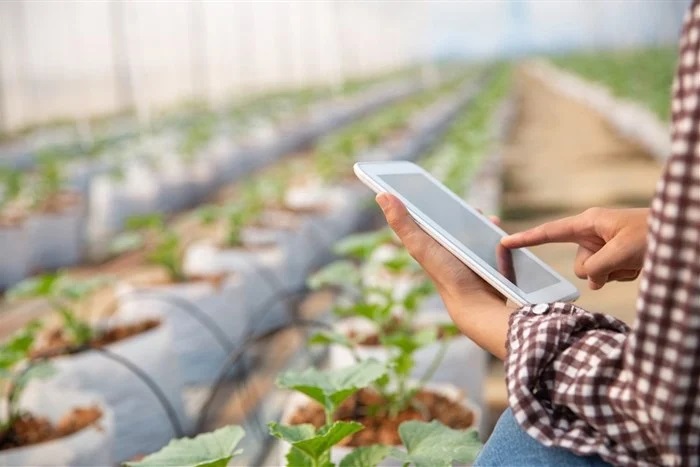South Africa’s agriculture is currently faced with an array of challenges ranging from the high cost of production as inputs costs are high, lower output prices for many horticultural commodities, failing local infrastructure, high shipping and freight costs and recently continued accelerated load shedding.
Land Bank, the agricultural industry and key stakeholders are particularly concerned about the extent to which the country has been experiencing power cuts recently. Productivity is negatively affected across the value chain.
There is, however, an opportunity for farmers who may not have alternative energy sources such as solar energy to consider the financing of these alternative energy solutions to mitigate the risks and keep businesses running.
The recently launched Blended Finance Programme by Land Bank in partnership with the Department of Agriculture, Land Reform and Rural Development (DALRRD) will allow clients seeking to upgrade their infrastructure the opportunity to access financing. This is certainly the time when producers need to continue to invest in agriculture with the best technology to keep productivity strong.
Producers and those who prepare and distribute our food must produce more due to the rising global demand for food. According to the Food and Agriculture Organization (FAO), the projections show that feeding a world population of 9.1 billion people in 2050 would require raising overall food production by some 70 % between 2005/07 and 2050.
As a result, production in developing countries would need to almost double. This suggests that the output of the number of key commodities will expand significantly. Annual cereal production, for instance, would have to grow by almost one billion tonnes, meat production by over 200 million tonnes to a total of 470 million tonnes in 2050.
In order to sufficiently feed the world’s population, farmers will need to produce the types of food that are required to assure nutrition security. Long-term sustainability and limited impact on the environment would also be requirements for the increased demand for food.
As a result, the increased demand has contributed to increased creativity and innovation over the past years, and technology is at the forefront of these improvements. The industry has as a result experienced advances in the concept called agri tech. Agri tech is the use of technology within the farming and agriculture space to improve efficiency and profitability.
Improving profitability and food security
Over the recent years, more and more agri tech companies have come up with new solutions in the agriculture space to enhance productivity and food security and improve the overall profitability of farmers. Agri tech has been viewed by many as having the potential to transform the agriculture sector and promote progressive outcomes, especially for smallholder farmers through increased output, efficiency, and profitability.
In order to meet the future demand for food, on the supply side, competition for land, energy, and water will increase; the latter is particularly concerning because some very significant aquifers are expected to be depleted by 2025. It means that to continue to produce in a manner that is environmentally sustainable, the use of technology to determine the right amount of water (irrigation system), fertilisers, and chemicals will be critical.
football jerseys
Nike Air Max 270 white
nike air max womens
Jerseys for Sale
nike air jordan sneakers
nike air jordan shoes
nike air jordan 1
best couples sex toys
adidas promo code
nike air max for sale
Precision agriculture is an essential success factor for ensuring that crops and soil receive exactly what they need for optimum health and productivity. It considers aspects such as soil type, terrain, weather, plant growth and yield data when managing crops.
These technologies including the GIS (Geographic Information System) which Land Bank already uses, add much value to avert potential risks in the climatic conditions that agriculture operates in. Investing in these technologies can help a farmer to cut costs of production which are already high.
The other technologies developed by young agripreneurs in South Africa help farmers grade their produce so they can target the right quality to the right buyer.
These platforms assist farmers to get fair and transparent pricing and assist traders and retailers to source quality products from multiple growers timeously. These platforms, therefore, are positioned to eliminate market issues for farmers and give them the ability to negotiate pricing and deliver directly to the market.
One of the key factors to the success of developing /small-scale farmers is access to lucrative markets. The use of technologies to gather market information and intelligence will allow small-scale farmers to participate in the available markets for their commodities.
It is, therefore, important that farmers look around and see what innovations are at their disposal, which they can take advantage of and adopt to improve their productivity.



